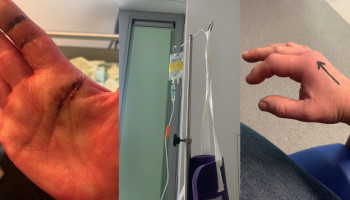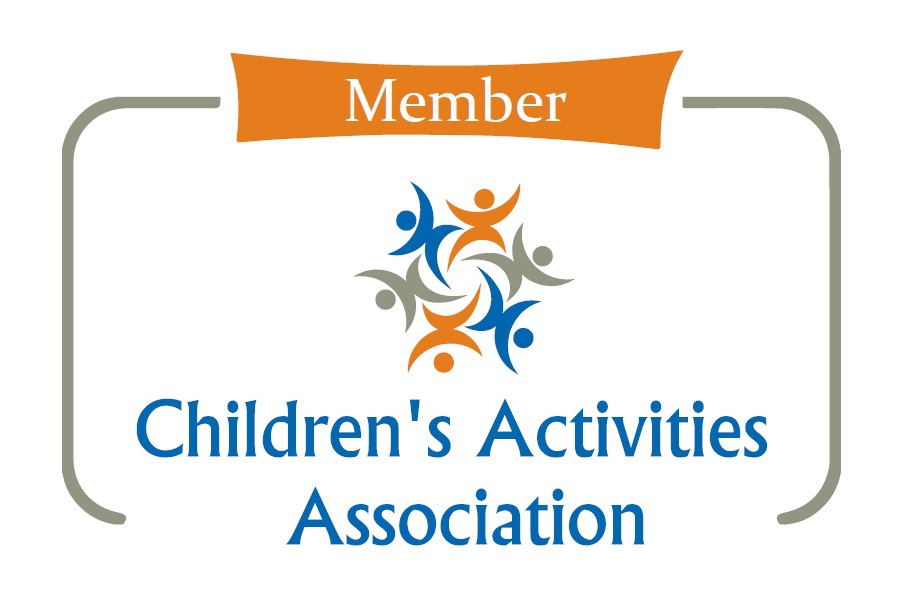The varicella zoster virus, AKA chicken pox is something that all parents are aware of. It is a common illness that mostly affects children and although on the whole it is known as a ‘mild’ illness, for some children it can be a really horrible experience.
Now all 3 of the mini Dodd’s have had chicken pox and for each one it was a very different experience. Harry was covered and I mean covered in spots, his face, his body, his bum, his ears, in fact he had spots where no one should ever have spots!! He was pretty miserable when he had them but on the whole he coped really well, he still has a lovely pox mark just by his eye which is our constant reminder of what a horrible illness it can be.
Chicken pox is highly infectious from 2 days before the spots even appear and if you have been exposed to it then it can take up to 3 weeks for the spots to appear. Once harry had crusted over, we waited and we checked Charlie for any signs of the pox. Charlie was only 5 months old at the time and I must admit by the time we had got to over 2 weeks of Harry being in the ‘clear’ I was feeling quite smug and relieved that Charlie had escaped the virus. Oh no, we didn’t get off that easily, day 20 of Harry being clear and out popped those pox on Charlie! Bless him, he was poorly, once again he was covered in them and they were huge on his tiny little body. Charlie seemed to develop the majority of his spots on his torso so every time we picked him up he screamed in pain, it was horrendous. I think what was worse was that because he was a baby we couldn’t even explain to him what was happening and all he knew was that he felt rotten and every time we touched him, we hurt him. The icing on the cake of course was that I was pregnant with our third child; thankfully I had had chicken pox as a child myself so I was reassured by my midwife that myself and baby would be fine. Grace must have been around 13 months when she developed chicken pox and while she was pretty miserable she certainly didn’t get them as bad as the boys and in true trooper style marched through it with no real concerns.
I often talk about how important it is that parents are informed and aware of accidents or illnesses that children may experience. Having that small bit of knowledge can really help you to deal with such situations with confidence. I definitely think that chicken pox is something we should be aware of, as I said earlier it is usually a mild illness which can be managed at home but on occasions it may need additional help and knowing when to get this is important.
Signs and symptoms
· Red spots which fill with fluid and become small blisters which may burst
· High temperature
· Aches and pains and a feeling of being generally unwell
· Loss of appetite
· Itchy around the spots
Things you can do
· Drink lots of fluids to keep hydrated
· Paracetamol for pain relief and fever
· Speak to the pharmacist about an anti-histamine to ease itching
· Lotions and cooling gels are available from the pharmacy
· Putting socks on hands can help to avoid them scratching
· Make sure nails are trimmed
· Cool, loose clothing
· Oats placed and tied into a sock and then put in a bath to help sooth irritated skin
REMEMBER DO NOT USE IBUPROFEN AS IT CAN CAUSE SERIOUS SKIN INFECTIONS
As with any other illness it is important to monitor your child and trust your instincts. If your child becomes dehydrated, if the skin around the blisters becomes inflamed or if your child becomes more unwell, seek advice from your own GP, 111 or 999.
I’m glad that I can cross chicken pox off my list of illnesses that the mini Dodd’s have had and I can honestly say that it was a pretty unpleasant experience for us all. The chicken pox vaccine is not routinely given in the UK but you can choose to vaccinate your child and pay for the vaccines. Whether you decide to vaccinate or not is a personal choice and not one that I am here to influence. The information is out there, so research, read, ask questions and make an informed decision that is best for you and your children.
https://www.nhs.uk/conditions/chickenpox/#symptoms
https://healthclinics.superdrug.com/services/chickenpox-vaccination
https://www.boots.com/health-pharmacy-advice/vaccinations/chickenpox-vaccination-service








